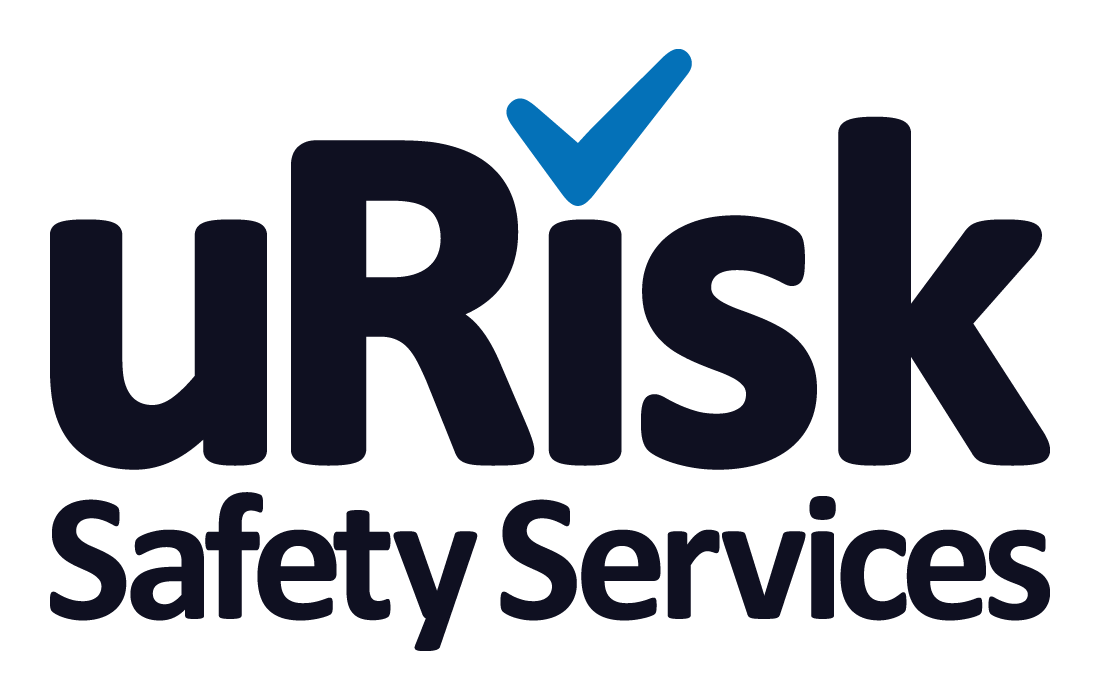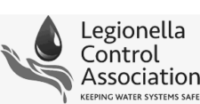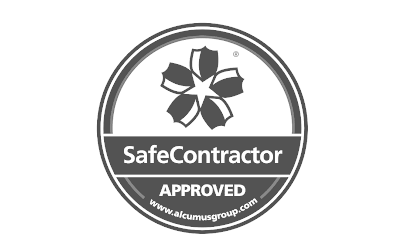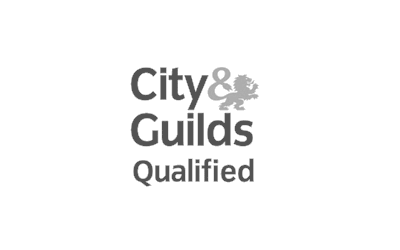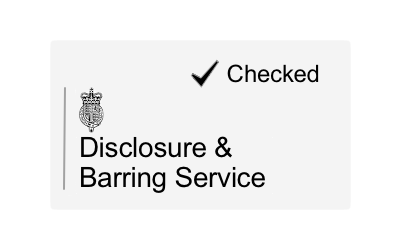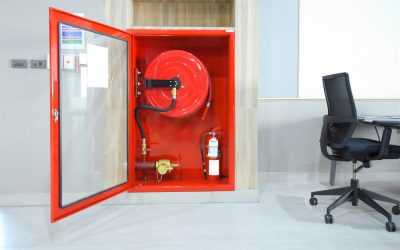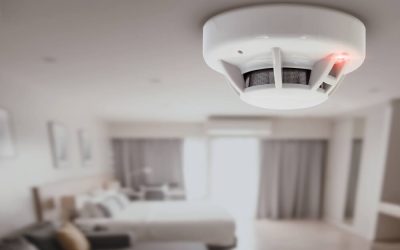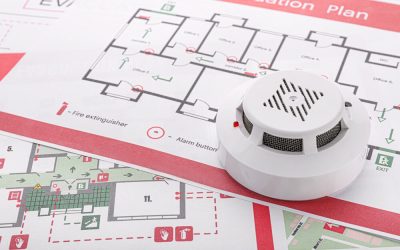Legionella Risk Assessment: How Often Do I Need One?
How Often Do I Need A Legionella Risk Assessment?
The Health & Safety Executive’s (HSE) Approved Code of Practice L8 regulations say that employers are required “to review the assessment regularly and specifically when there is a reason to believe that the original risk assessment may no longer be valid”.
In the past, the HSE guidelines were to have a legionella risk assessment at least every two years, but now there is no longer a timeframe. However, our advice is to conduct a legionella review annually as the guidelines indicate to ensure legionella risk is minimised.
What Are The Responsibilities Of A Legionella Risk Assessor?
The Health and Safety at Work etc Act 1974 (HSWA) and Management of Health and Safety at Work Regulations (MHSWR) state that if you are the person in control of premises or an employer, you are responsible for taking the correct precautions that will reduce the risks of exposure to legionella.
This includes:
- identifying and assessing sources of risk
- managing any risks
- preventing or controlling risks
- keeping and maintaining correct records
How Often Do I Need A Legionella Risk Assessment?
There are circumstances under which it would be advisable to do an additional legionella risk assessment, for example:
- Any changes to the water system
- If there is a case of Legionnaires disease
- Whenever there is a change in HSE advice or new information about legionella risks
For more detailed information, check out the Health & Safety Executive’s Approved Code of Practice, Legionnaires’ Disease: The Control of Legionella bacteria in water systems (L8), which contains guidance on how to manage and control the risks in your system.
If you would like to outsource your legionella risk assessment to a specialist company, please contact us for more information and to get a quote or fill out the form below.
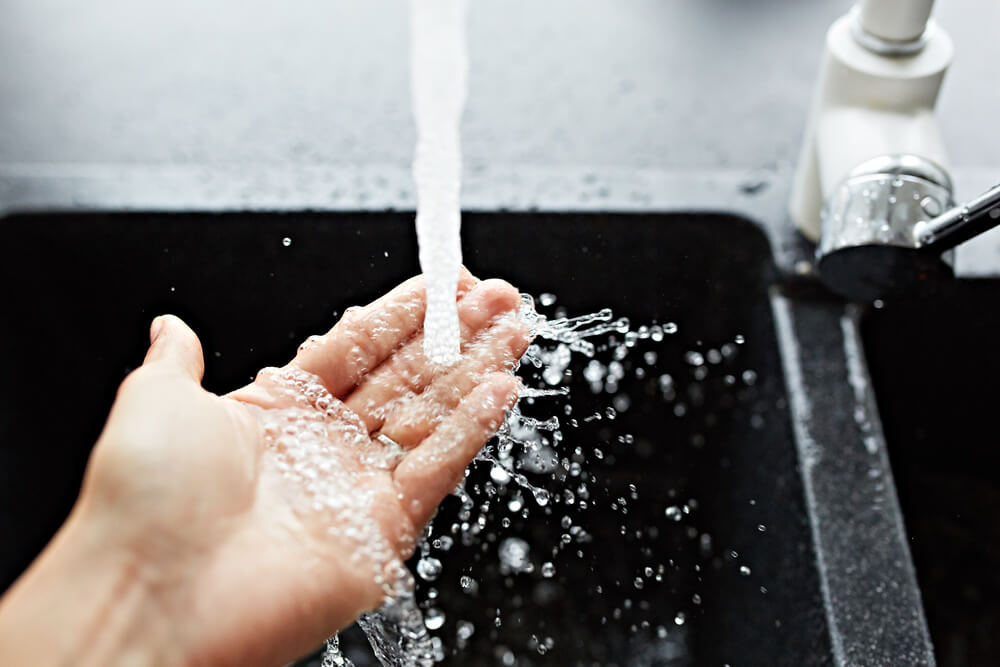
How Do I Know If My System Is At Risk?
There is a higher risk of legionella if your water system has a temperature between 20–45 °C and stores / re-circulates water, we recommend using a legionella thermometer to measure your water temperature.
Other factors to be wary of are if your water system creates or spreads breathable droplets or contains a source of nutrients for a growing organism including rust, sledge, scale, biofilms or other organic matter.
The potentially fatal Legionnaires Disease is a risk to the entire workforce, however, there are several people to who the disease poses a higher risk too, these include:
- Those over 45 years of age
- Smokers and heavy drinkers
- The elderly and infirm
- Those suffering from chronic respiratory or kidney disease
- Those with impaired immune systems
If any employees fall within these categories, they should be assessed more frequently than others.
What Is Legionella Bacteria?
Legionella is one of many types of bacteria found in the world around us. Lakes, streams, and rivers can all contain low levels of the bacteria, along with other natural water sources… however, these do not typically give cause for concern.
While manmade water systems are also likely to have legionella present, such systems can create the perfect circumstances for the bacteria to multiply, sometimes to dangerous levels. If bacterial levels should go beyond acceptable limits in the water, it raises the risk for those people exposed to the water system who can become ill.
Do I Need Risk Assessments to Comply With Regulations?
Regular monitoring for the potential of Legionella is vitally important and must follow the two main pieces of legislation which are the Health and Safety at Work Act (1974) and the Control of Substances Hazardous to Health Regulation (1994). Organisations that fail to comply with both regulations may be prosecuted should an employee become ill.
Employers have a duty of care under the Health and Safety at work act to protect their employees and anyone visiting the working environment.
Legionella Risk Assessment To Avoid the Risks of Legionella
Regular monitoring of your water system(s) is paramount. If someone has contracted Legionnaires, it can spread to others as it is very contagious.
Carrying out a risk assessment is the starting point to ensure you meet legal compliance, it is highly recommended that you appoint an external specialist to perform this task as it will form the foundation of your ongoing control scheme.
The risk assessment should include details relating to the following:
- Management responsibilities, including the name of the competent person
- Competence and training of key personnel
- Details of any identified potential risk sources
- Any means of preventing the risk or controls in place to control risks
- Monitoring, inspection and maintenance procedures
- Water system drawings and a list of all water-related assets
- Details of the ongoing control scheme
- Identification of the sentinel outlets
The industry precedent is that Legionella risk assessments are reviewed at least every two years. However, there are certain situations when an assessment is required sooner by law:
- When the site’s population falls within the high-risk category – for example, the elderly or those with an impaired immune system
- When changes are made to the water system, pipework or assets
- When the water system has had a change of use
- When new regulations are published with new recommendations
- When the current ongoing control scheme monitoring and management processes are no longer proving effective
- When a Legionella outbreak is suspected, or positive samples are recorded
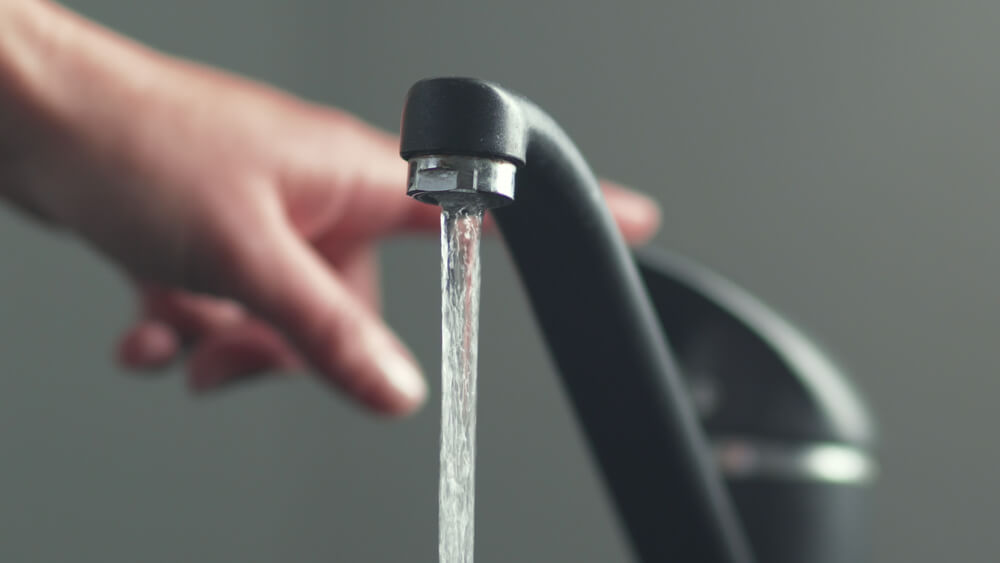
Ongoing Control Legionella Testing
The risk assessment will identify what needs testing and inspecting on a regular basis as part of an ongoing control scheme. The aim of the control scheme is to manage the risk of the proliferation of Legionella bacteria in your aquatic system(s). It is part of your health and safety duties to ensure that you conduct control measures like a valid legionella risk assessment.
What makes legionella risk assessments mandatory, is that legionnaires disease can kill. Clinical risk assessments, and other control measures, are a way to ensure legionella bacteria growth does not occur in cooling towers, air conditioning, water supply or air handling units, for example. It is paramount that your legionella risk assessment, how often you have it will be explained below, is conducted by a health and safety executive to avoid legionnaires disease outbreaks.
It is a legal requirement to conduct a legionella risk assessment, how often, or within a two-year frequency, according to current legislation. If you operate on commercial premises that have experienced at least one outbreak, water monitoring is essential and part of your legal duties to manage health for all of those who visit the premises.
The schedule of your ongoing control scheme will vary depending on what type of water systems you have in place.
In general, you will need to carry out tests or risk-reducing actions on a minimum monthly frequency and these will typically cover the following items:
- Flushing of infrequently used outlets
- Temperatures checks of water heaters, calorifiers and sentinel outlets
- Calorifier blowdowns
- Showerhead and outlet descale
- Cold water storage tank inspections
A control scheme logbook record should be maintained to demonstrate that you are adequately managing the risk posed by Legionella. A template example of a logbook system can be downloaded from the download section of our knowledge centre.
Legionella and Water Hygiene Blog Posts
Office Fire Risk Assessment
As you would expect, keeping your office safe from the risk of fire is a legal requirement under the Regulatory Reform (Fire Safety) Order 2005. If you are the owner or manager of a business, or landlord of an office building, it is your responsibility to ensure your...
Fire Risk Assessment For Flats
Your legal requirements as a landlord include taking precautions to keep your tenants safe, including when it comes to the risk of fire in flats. As part of the fire safety regulations, fire risk assessments for flats is therefore part of your legal obligation to...
Getting A Risk Assessment For Fire in the UK
As an employer, landlord or facilities manager, it is your legal responsibility to keep everyone who uses your premises safe. A fire risk assessment is an important part of this because it identifies what might cause a fire so you can take steps to prevent one, as...
